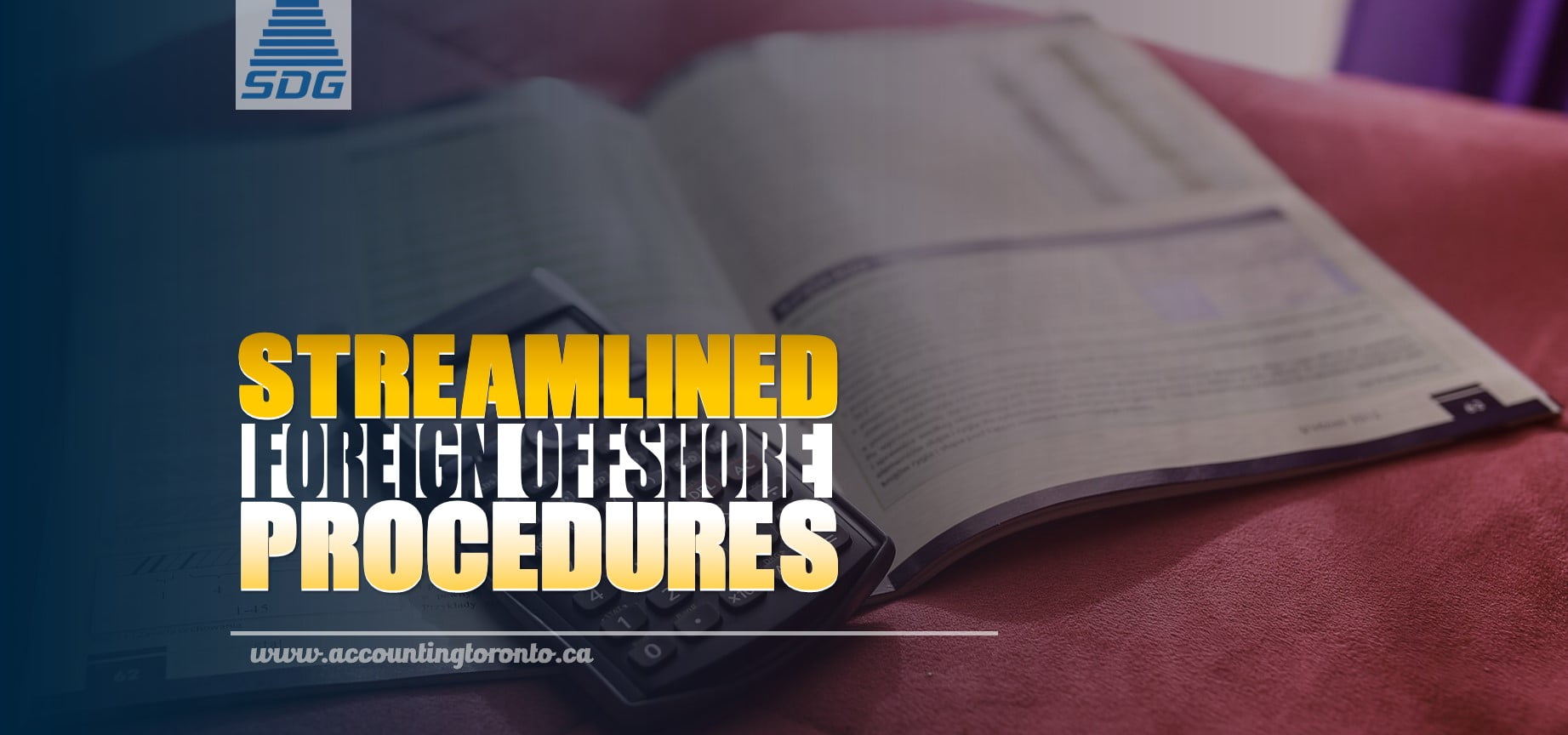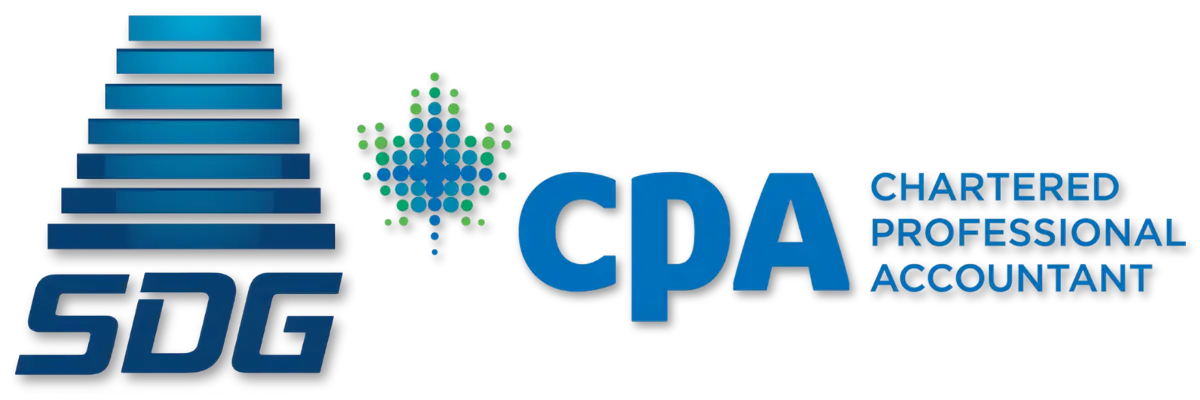
Form 14653 certifies an expat’s non-willfulness in case of under-reported income. It is a primary criterion of eligibility for the streamlined foreign offshore procedure.
After the passage of the Foreign Account Tax Compliance Act in 2010, one of the most popular tax evasion strategies was finally weakened. By approving this law, Congress established reporting criteria for international banks whose customers are American citizens. Namely, each bank that belongs to a country that accepted FATCA is required to look for U.S. persons. If they find them, they have to confirm their residency, U.S. birthplace, and report all of their assets. The summary of their belonging is given to the U.S. Department of Treasury.
FATCA also mandates that expats, which are U.S. citizens or permanent residents living elsewhere, to submit a slew of other forms. One of the most common ones is the FBAR form. Its purpose is to report the account balance for accounts where the taxpayer has more than $10,000. The reason for this boils down to a common occurrence of money laundering and tax evasion tied to foreign bank accounts. Courtesy of FATCA, taxpayers cannot simply relocate their money to hide it from the IRS.
What is the IRS Streamline Procedure
As forward-thinking and beneficial as FATCA is, there are certainly some downsides to it. The first one is the fact that the IRS streamlined filing compliance procedures that it carries are quite complex. Besides the FBARs, taxpayers must also deal with added paperwork in every instance of a property sale, passive income gain, and similar transactions. To combat the increased complexity, the IRS developed something known as the IRS streamlined procedure. It is a way for taxpayers to correct previously submitted returns that contain material misstatements. Doing so will help them avoid penalties that could be extremely expensive. Not to mention that the IRS streamlined procedure helps the overwhelmingly understaffed IRS workforce discover more underpayments.
Form 14653
To qualify for the IRS streamline procedure, there are a few requirements that the taxpayer has to meet. The first and most important one relates to Form 14653. As one of the most important forms here, it is used to certify the taxpayer’s non-willfulness. Since that term is relatively new in the taxation spheres, however, many expats are just vaguely familiar with it. It is used to describe a taxpayer’s accidental failure to report income. For example, before somebody enters the IRS streamlined process, the IRS has to deem them eligible for it. Well, if their income under-reporting seems to be completely intentional and gain-oriented, they do not qualify. To properly determine if the circumstances surrounding them are valid, the IRS asks for Form 14653.
What Does “Non-Willful” Mean?
While it may seem that a fairly vague term such as “non-willful” would receive a plethora of attention, the IRS does not explicitly define it. One of the main reasons for not doing so is the fact that they review each case on an individual basis. Since an explicit definition of the term would somewhat limit their power, they leave it noticeably underemphasized. Nonetheless, non-willfulness carries a few different meanings that are considered inherent. For example, someone who fails to report income due to an honest mistake or general negligence will attain a non-willful status. That is, of course, as long as their Form 14653 properly presents the facts with believable accompanying statements. If the IRS cannot rely on the certification and it seems that intentional tax evasion took place, Form 14653 is futile.
Expected Statements for Streamlined Foreign Offshore Procedures
For streamlined foreign offshore procedures, the IRS demands Form 14653. In the case of domestic offshore procedures, the Form is 14654. Understanding this difference is crucial as filing the wrong form leads to prolonged waiting times, potential fines, and more. A popular approach is to simply let a Chartered Professional Toronto Accountant or an attorney compile the paperwork. This is because the certification and other statements have to be written properly. Unnecessary wording and an abundance of facts that have nothing to do with the present issues are highly frowned upon. After all, the IRS is against expats consuming excessive agent time when there are over 4,000 as many Americans as there are agents in the U.S.
Do You Need Form 14653 If You Were Willful?
A lot of taxpayers find themselves in an IRS streamline procedure because they want to make up for prior mistakes. Unfortunately, Form 14653 does not apply to them. To understand why to think back to what the underlying purpose of this form is. It was created to certify non-willfulness. Being willful at any point will violate that and make the form completely ineffective. Those who fall into this group should look into alternatives such as the Offshore Voluntary Disclosure Program (OVDP).
Offshore Voluntary Disclosure Program (OVDP)
Although it no longer exists, the Offshore Voluntary Disclosure Program (OVDP) was an extension of the IRS streamlined foreign offshore procedure. It was designed in 2014 to incentivize people to disclose their income-reporting violations. In return, the IRS avoided suing them by not recommending prosecution after the case was resolved. In 2018, however, the OVDP was terminated and replaced by guidelines from the Internal Code Manual. Those guidelines are found in part nine, section five, chapter eleven.
How Current Guidelines Differ From OVDP
Once OVDP ceased to exist, the IRS used an opportunity to update a lot of the procedures and make them more rigorous. The reporting requirements are much more thorough than they ever were under OVDP. For example, simply making a voluntary disclosure is accompanied by a preclearance request to the IRS’ Criminal Investigation Division. The penalties that arise with the new voluntary disclosure are also much worse than anything under OVDP. Similarly, the FBAR penalties have spiked enormously. People who intentionally fail to submit FBARs are looking at a fine of the greater of either $100,000 or half of the account value. Finally, the ODVP was always praised for helping willful taxpayers avoid civil penalties tied to fraud. That is no longer the case as the IRS is required to report them for civil fraud fines nowadays.
Important Preparation Advice for Form 14653 and Contemporary OVDP
When preparing both the Form 14653 and offshore voluntary disclosure program (OVDP) paperwork, there is one common denominator. Honesty. These forms are based on complete honesty where the tax returns are complete, free of error, and accurate. The taxpayer attests that the information is up to date as far as they know. Failing to meet this standard generally leads to a thorough examination by the IRS. In case that the examination results in discoveries of other misstatements, there are civil fraud penalties, late fines, interest, and potentially jail time.
Penalties Summarized
The penalties assessed to expats who break the rules are divided into two categories. The first one pertains to the non-willful violators. As said, these individuals did not understate income due to malicious intent. They simply made a mistake or had to overcome an unorthodox set of circumstances. This is why their penalties are going to be more lenient. First, properly filing the Form 14653 and all accompanying paperwork will result in a full waiver of penalties. That waiver only comes into play if the IRS approves the taxpayer’s intention to file under the streamlined foreign offshore procedures.
In case that a non-willful taxpayer completely dismisses their tax return, they will have to pay a percentage of tax due. That percentage ranges from 5 to 25 and has to be cross-referenced with the tax liability for the year. Not submitting an FBAR is even more dangerous as it can cost up to $10,000 in fees for non-willful expats. Those who are willful with their actions will have to pay a whopping $100,000 or 50 percent of the undisclosed bank account. The greater number of those two is selected. Furthermore, not satisfying the IRS streamlined foreign offshore procedure requirements as per FACTA can result in perpetual fees.
For instance, taxpayers who fail to submit Form 8938, which is the Statement of Foreign Financial Assets, will start at a $10,000 fine. If the status of the delinquent account is not fixed 90 days after receiving the notice, another $10,000 will be added per month. This fine can go to a maximum of $50,000. Thus, regardless of whether you knew about your requirement to enter the offshore voluntary disclosure program, the minimum fine is $10,000.
Given the benefits of filing Form 14653 to qualify for the IRS streamlined foreign offshore procedure, all expats should make timely and pro-active disclosures. Reporting non-willful understatements are much more favourable than paying tens of thousands of dollars later on. To ensure that the paperwork gets filed correctly, most expats rely on professional accountants or tax attorneys. That way, the likelihood of minor errors that could complicate the entire process is extremely low.
The information is not intended to constitute professional advice and may not be appropriate for a specific individual or fact situation. It is written by the author solely in their personal capacity and cannot be attributed to the accounting firm with which they are affiliated. It is not intended to constitute professional advice, and neither the author nor the firm with which the author is associated shall accept any liability in respect of any reliance on the information contained herein. Readers should always consult with their professional advisors in respect of their particular situations.
— Sami Ghaith
CPA, CGA, MBA

